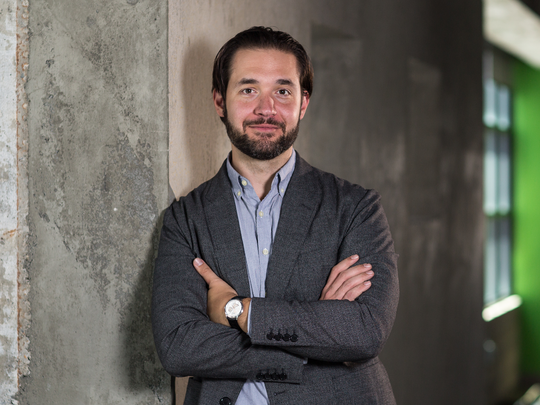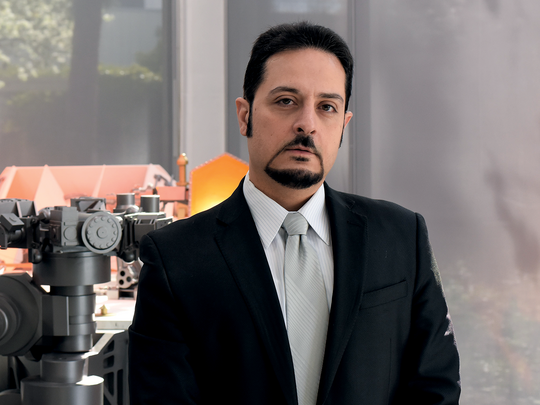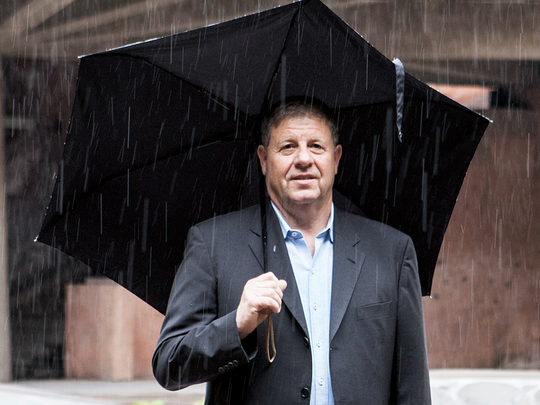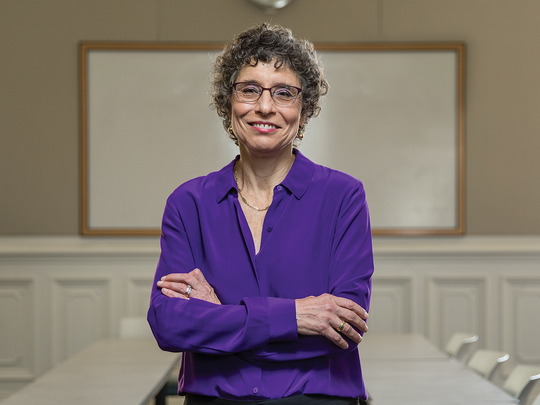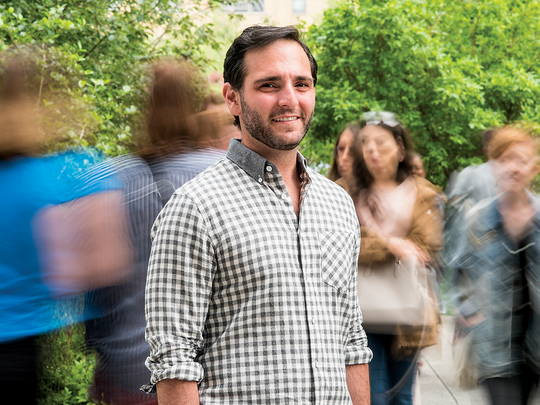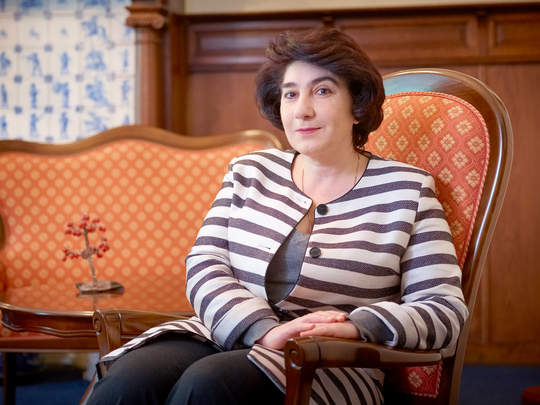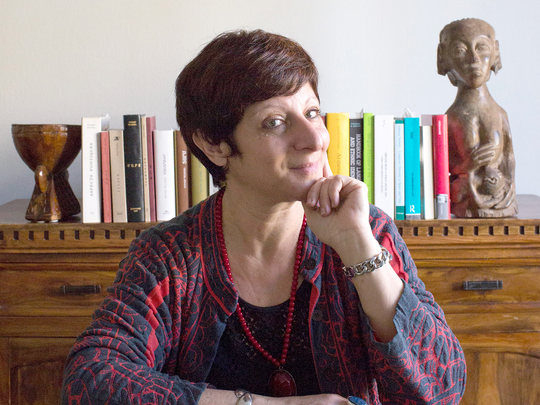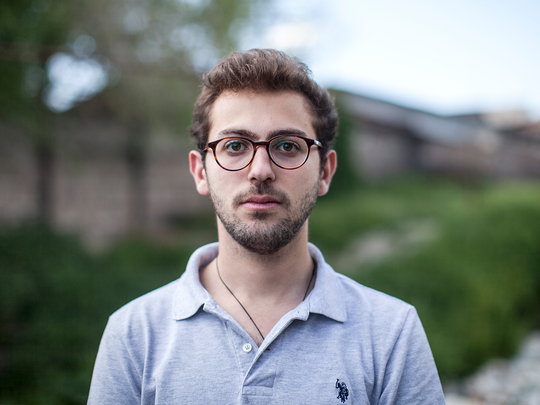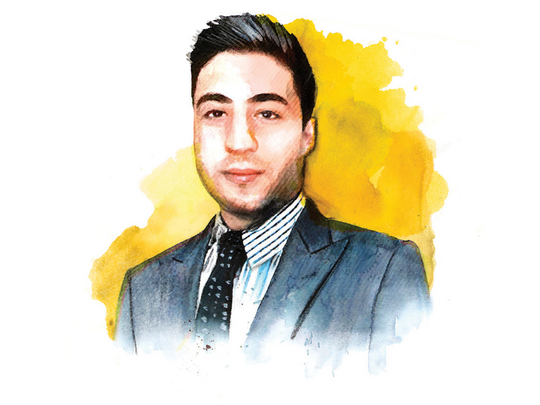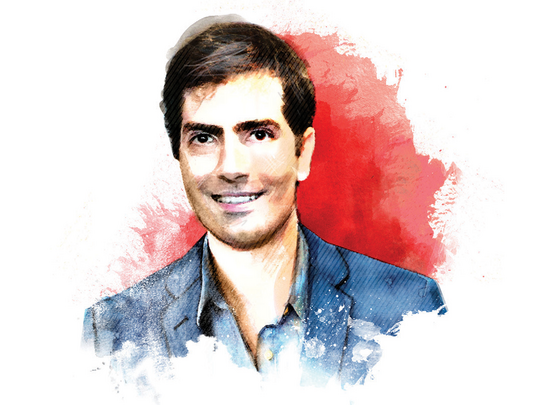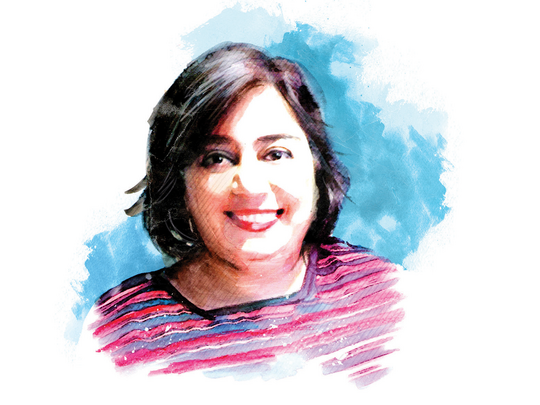Serop Ohanian spent his childhood wandering through the narrow, labyrinthine streets of Bourj Hammoud, a historically Armenian-populated neighborhood on the outskirts of Beirut where he now heads the Lebanon division of the Howard Karagheusian Foundation. As a child closely observing his father and grandfather—expert shoemakers—at work in their factory in Bourj Hammoud, he had no idea that he would one day make a profound impact on the physical and social wellbeing of his neighborhood and his country.
Founded in New York in 1921, the Howard Karagheusian Foundation initially provided relief and education to orphaned children who survived the Armenian Genocide. As Armenian refugee populations struggled to rebuild their lives in the Middle East and elsewhere in the years that followed, the foundation broadened its mandate to help strengthen diaspora communities. Today, it operates in Armenia, Lebanon and Syria and provides healthcare; social assistance; vocational and housing programs; and supports schools, orphanages, hospitals, and other Armenian community institutions.
From its regional office in Bourj Hammoud, Ohanian oversees health clinics and community development projects for people of all ethnicities, religions and citizenships in Lebanon. Over the years, the foundation has played a critical role in public health and the vitality of local communities. “Our mission is to see healthy children and families in Lebanon. We focus on disease prevention with malnutrition and mental health assessments as well as campaigns that strive to provide for the complete wellbeing of children and support their physical, moral and social development. As one example, we have a school health team that visits 29 Armenian schools each year and gives check-ups to more than 7,000 students who may not otherwise receive them.”
I don’t see my work as a job; I see it as a calling, a mission. This sense of internal satisfaction gives me the energy to keep going, excel and do even better.
The educational path that led Ohanian to a career in humanitarianism began at the AGBU Boghos K. Garmirian School and the AGBU Hovagimian-Manougian School, which served as a welcome refuge from the bleakness of the Lebanese Civil War that was raging around him. “Although I saw lots of casualties of war and lived through very harsh days, I still have wonderful childhood memories of enjoying my grandfather’s apricot trees in our family’s village of Kaladouran, spending summers at the seashore, and especially having fun with my friends at school and in the AGBU Antranik scouting program. I was fortunate to have inspiring teachers, a nurturing environment and great classmates all throughout my AGBU education.”
After graduation, Ohanian enrolled at Haigazian University where his commitment to helping the less fortunate truly solidified, thanks in part to a rediscovery of his Christian faith. “I hadn’t had the chance to think about the importance of the spiritual aspect of life until I began at Haigazian. There I decided to live my life based on the teachings and principles of Christianity. In studying the Bible and thinking about the meaning of life, I built a strong inner self and knew I wanted to be a man of impact in my career as well as bring about positive change in the community around me.”
These principles led Ohanian to the Karagheusian Foundation where he began as the assistant to the Lebanon director in 2003 and assumed the role of director in 2011. The start of his directorship coincided with the massive influx of Syrian and Iraqi refugees into Lebanon, which created a tremendous increase in demand for the foundation’s services. “Before the arrival of the refugees, we used to treat 500 cases per month, but nowadays, the number has skyrocketed to 3,000. We help by providing them with healthcare, water and food, among other necessities and services. Unfortunately the Syrian crisis has affected the socio-economic condition in Lebanon. We’ve seen many Armenian families slip below the poverty line, but our work helps to give these families and others the support and guidance they need.”
This assistance often comes in the form of community development services, such as the foundation’s Study Room Program. In 2007, in an effort to prevent students from dropping out of school, the foundation launched an afterschool tutoring service for students of different levels from various Armenian schools in Lebanon—but the program does more than just help students with their homework. “One of the assets of the Study Room Program is that it offers a welcoming atmosphere that engulfs students with heartfelt warmth and genuine care. For students suffering from medical, psychological and emotional distress, it is a home away from home and allows children to feel part of a family—for some, their only true family.” Since 2011, the Study Room Program has been quick to respond to the humanitarian crisis of the Syrian War by forming remedial classes for Syrian Armenian students in Lebanon and helping them transition into the Lebanese educational system.

As part of the Karagheusian Foundation, Ohanian finds great satisfaction in knowing that he is part of a long legacy of humanitarianism and takes great pride in serving his people with programs that change lives. “I don’t see my work as a job; I see it as a calling, a mission. This sense of internal satisfaction gives me the energy to keep going, excel and do even better. Through our team of leaders, staff, doctors, psychologists and other specialists, I have seen lives transformed, the sick healed and communities developed. This is exceptionally gratifying for me—especially as a child of Lebanon myself.”
Banner photo by Ramzi Hachicho


